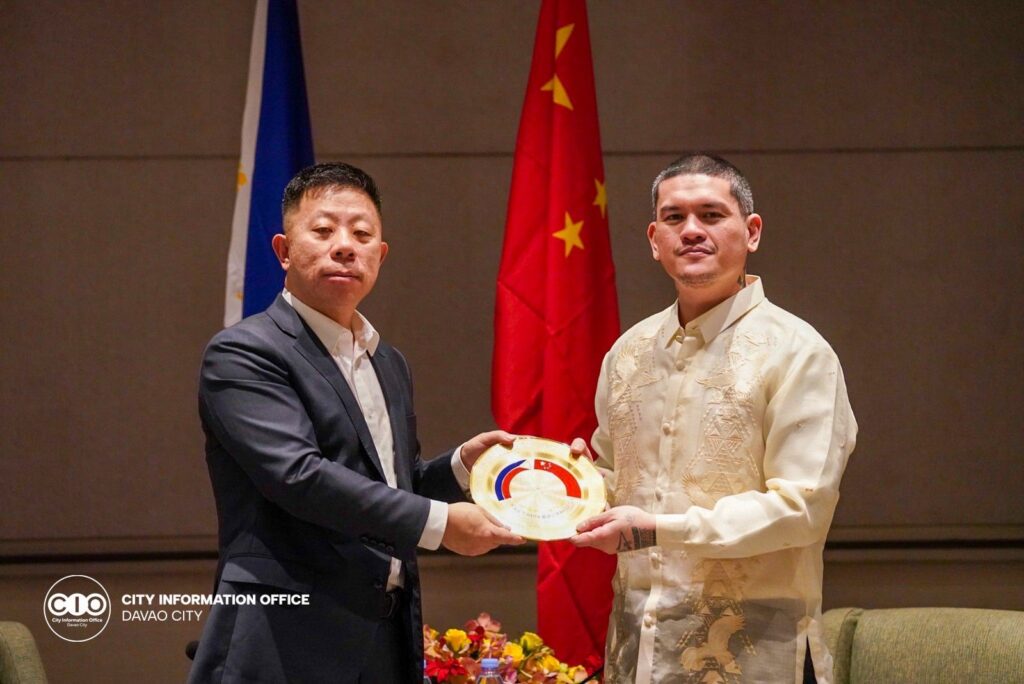As Typhoon Kristine unleashes its fury on the Bicol region, the catastrophic effects of this natural disaster serve as a poignant reminder of the pressing need for public accountability in managing government funds. The storm has left countless communities grappling with the aftermath, highlighting the immediate human toll and the long-standing concerns regarding the effectiveness of the multi-billion peso flood control projects designed to protect these vulnerable areas. Rep. Zaldy Co, the House Committee Chairman on Appropriations, is at the center of this controversy, whose leadership raises critical questions about fiscal responsibility and transparency.
For years, Bicol has been a political stronghold for both Rep. Zaldy Co and his colleague Rep. Edcel Lagman. Yet, despite their significant influence, the region continues to be disproportionately affected by the devastating impacts of natural disasters. Each typhoon that strikes seems to expose the glaring deficiencies in the flood control infrastructure that was funded by taxpayers’ money. This leads to an uncomfortable and urgent question: Where have the billions allocated for these critical projects gone? The persistence of flooding and the inadequate response from local authorities have cast a shadow of suspicion over the management of these funds, raising concerns about possible graft and corruption linked to public infrastructure spending.
The lack of accountability from Congress is particularly alarming. Where are the thorough investigations into the allocation and utilization of taxpayer resources? The establishment of a quad committee ostensibly designed to investigate these pressing issues appears to be nothing more than a legislative facade—an effort to placate public outrage while allowing those in power to evade meaningful scrutiny. If Congress genuinely intends to fulfill its mandate to serve the public interest, it must prioritize transparency and accountability over political ambitions.
This situation is not unprecedented; it follows a disturbing pattern that has emerged after each calamity. As the floodwaters eventually recede, so too does public outrage. Politicians make bold promises of investigations and reforms, yet these often culminate in little more than a press release or a fleeting moment of media attention. The cycle repeats itself: funds are allocated, disasters strike, and communities are left to pick up the pieces while the politicians who vowed to bring about change remain comfortably ensconced in their positions of power.
For the residents of Bicol, the consequences of this neglect are dire. Families are displaced, homes are destroyed, and livelihoods are shattered—yet the political machinery continues to function as usual. The people deserve to know how their hard-earned taxes are being spent and why the promised flood control measures have failed to materialize effectively. The time has come for a serious examination of accountability within the government. Those entrusted with public funds must be held responsible for their actions—or inactions. Only then can the people of Bicol begin to rebuild their lives and trust in a system that has, for too long, left them vulnerable to the whims of nature and the shortcomings of governance.
In the wake of Typhoon Kristine, the call for accountability rings louder than ever. The government must not only allocate funds but also ensure that these resources are effectively utilized to build resilient infrastructure capable of withstanding future disasters. As the nation watches, the question remains: will the politicians of Bicol rise to the occasion, or will they continue to sidestep their responsibilities while their constituents suffer? The answer to this billion-peso question lies in their willingness to prioritize the needs of the people over their political ambitions.




